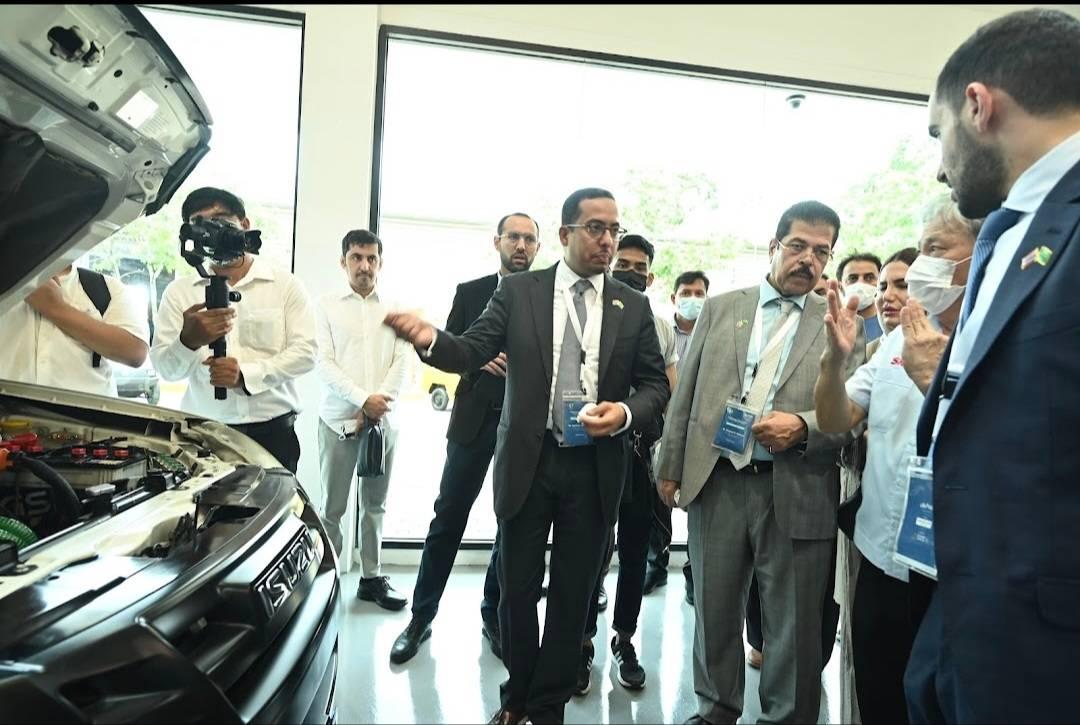
Saudi Arabia has become the latest country to show an interest in the Eastern Economic Corridor (EEC), with prospective investors looking in particular at five key industrial areas, notably electric vehicles (EVs), during a tour of the zone.
Around 100 prospective Saudi investors, led by Krayem Alenezi, member of the board of directors of the Riyadh Chamber of Commerce, recently visited the EEC to get first-hand information about the zone, which covers parts of Chon Buri, Rayong and Chachoengsao.
The government aims to turn the EEC into Thailand's high-tech industrial hub.
"We've organised a business forum to facilitate business matching between Saudi and local investors and create further cooperation between Thailand and Saudi Arabia," said Kanit Sangsubhan, secretary-general of the EEC Office.
Besides the EV industry, Saudi businesspeople are also interested in investment opportunities in advanced digital technology, health tourism, food processing, and renewable energy.
The EEC Office expects the number of Saudi tourists to also increase, helping to restore the domestic Thai economy.
Earlier this year, Thailand and Saudi Arabia agreed to restore diplomatic relations and exchange ambassadors for the first time in 32 years, following the first high-level meeting between the two countries since a row over a jewellery theft.
Prime Minister Prayut Chan-o-cha visited Saudi Arabia in January this year.
The closer relationship is expected to boost investments in the EEC, according to the EEC Office. Authorities also expect the EEC to attract other prospective investors from the Middle East.
In their own visits to the EEC, Chinese and German businesspeople were attracted to EV and battery manufacturing projects, whilst the Japan External Trade Organization and the EEC Office have jointly pushed for investments in bio-, circular and green (BCG) industries as well as logistics, industry supply chains, and human resource development.
The BCG economic model encourages manufacturers to adopt techniques that can add value to products and have no or minimal impact on the environment.
Infrastructure development in the EEC is making steady progress. Investment in its 2022-2026 second-phase development is estimated at 2.2 trillion baht.
The four-year first-phase development, which ended last year, focused on four key infrastructure projects worth 655 billion baht. They are the high-speed railway linkage for three airports, the development of U-tapao airport, the third-phase development of the Map Ta Phut deep-sea port, and the third-phase development of the Laem Chabang deep-sea port.







